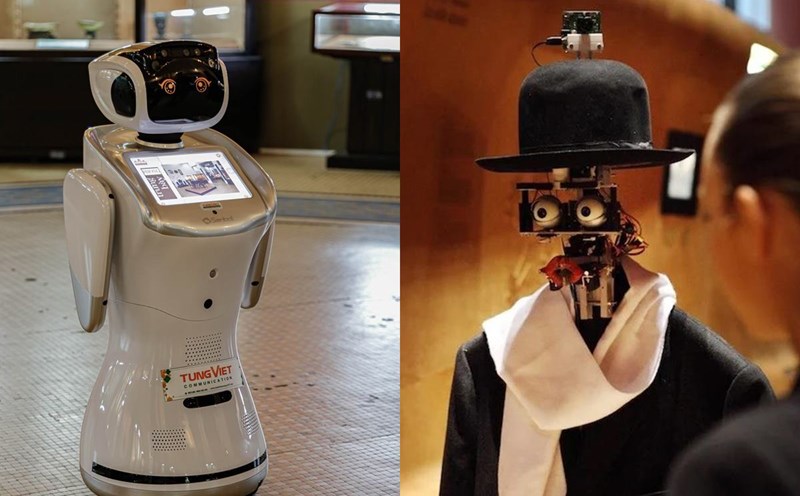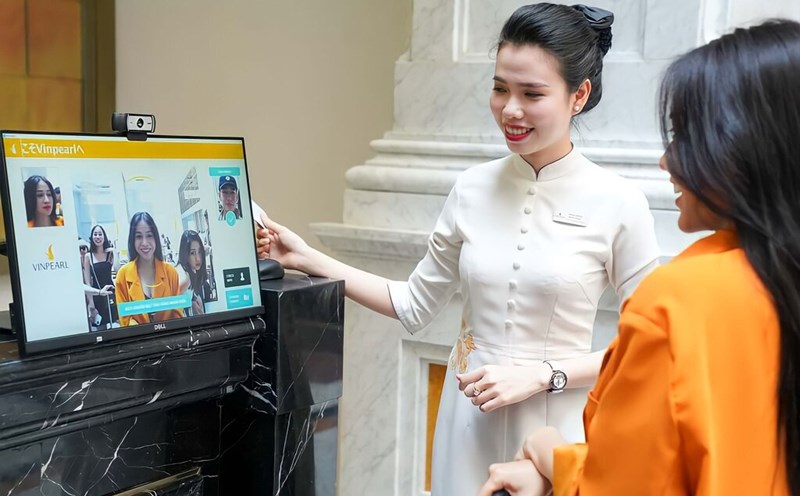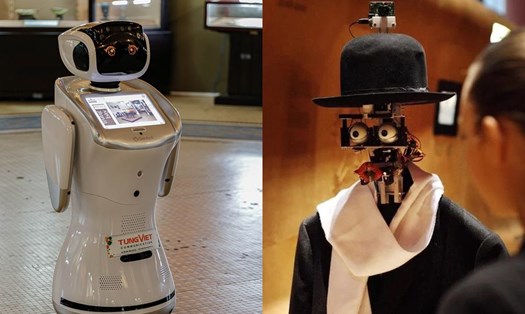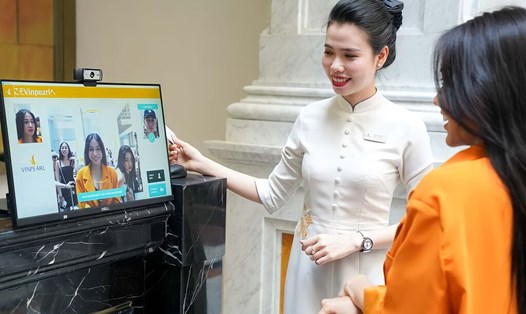As the global travel market continues to grow, travelers are increasingly looking for personalized experiences. According to the World Travel and Tourism Council (WTTC), the travel and tourism industry will contribute 9.1% to global GDP in 2023, up from 23.2% in 2022.
In the development flow of tourism, AI technology plays a key role, providing automated solutions for booking, suggesting locations and interacting with tourists.
"Gold mine" waiting to be exploited
The global artificial intelligence (AI) market in the travel industry is on a meteoric rise. It is expected to expand from $92.46 billion in 2023 to $397.86 billion in 2028 at a compound annual growth rate (CAGR) of 33.9%. This can be considered a trillion-dollar potential “gold mine” for the global travel industry, especially for tech giants and travel groups with enough resources to venture into this market.
The surge in growth underscores the growing role of AI in revolutionizing the travel industry, delivering personalized experiences, operational efficiency and enhanced customer service.
A growing trend is the habit of applying AI technology in the process of planning, traveling and experiencing. Technology experts believe that this is an inevitable trend in the development of the tourism and technology industry.
"I think AI can keep the fun in planning while taking the work out of it," said Harriet Brown, Vice President of Product Management at Mobi, a company that is developing the Mobi.AI artificial intelligence platform.
She noted that AI helps reduce the burden of travel planning. Users can focus on aspects such as finding inspiration for their trip and being creative when planning their trip. In addition, AI will "shoulder" the seemingly "tedious" tasks such as searching for information, comparing maps or modes of transportation...
Agreeing, Mike Coletta, Senior Manager of Research and Innovation at New York-based travel market research firm Phocuswright, added: "AI is very good at understanding travelers' needs and making appropriate suggestions."
He predicts that in the future, automated AI agents will be able to use users’ digital identities to collect personalized travel preferences for each person, allowing travelers to choose services to their liking. With access to users’ personal data and payment information, AI assistants will also be able to make reservations.
Anna Jaffe, CEO and Co-Founder of Mobi AI, dives into the mechanics of how AI can revolutionize travel in three key areas.
Accordingly, AI can personalize through language models. Language models supported by AI allow travelers to express their interests, hobbies, travel preferences... more comfortably and accurately.
AI applications can help build richer data about the world, so that travelers can systematically consult more information. From wild bird watching experiences, data about the ecosystem of the destination, local events... and more.
In particular, AI technology can process text and images, providing a multi-dimensional view of destinations that suit the specific interests of travelers.
Combining natural language processing with spatio-temporal reasoning, AI simplifies complex planning such as scheduling a multi-stop itinerary, coming up with optimal travel plans... to ensure travelers get to the right place at the right time.
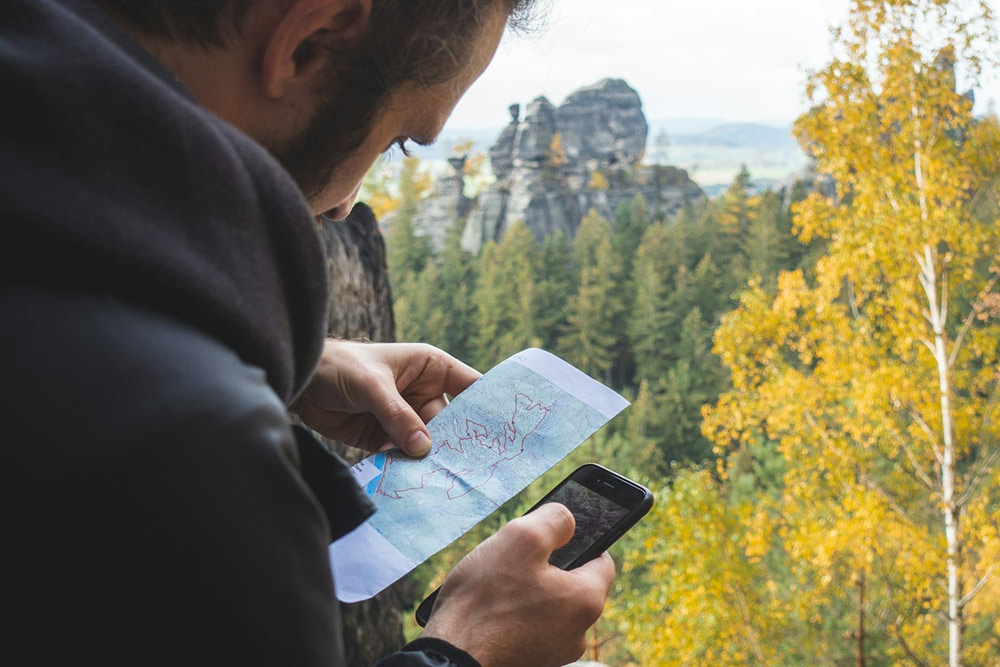
Experts say Gen Z, the generation that is often at the forefront of new technology adoption, is driving AI-powered travel experiences.
The difference is that younger travelers gather information and find inspiration for their trips differently than previous generations. They store images and ideas on platforms like Pinterest or social media instead of traditional tools like Google Maps, reading guidebooks, and travel information handbooks.
Therefore, the need to seek unique, environmentally friendly experiences will influence how AI tools develop in the tourism sector, Ms. Harriet shared with Forbes.
AI and Gen Z in Vietnam
According to a new survey by Booking.com, Gen Z travelers are using technology at every step of their trip, before, during, and after. The younger generation in Vietnam is not left out of this new wave of technology application.
51% of Vietnamese Gen Z travelers participating in this survey said they feel very comfortable relying on technology to create unforgettable travel experiences.
50% shared that they trust artificial intelligence (AI) to recommend less crowded and less known tourist destinations.
67% will use AI travel planning technology to schedule trips.
57% of Gen Z travelers are interested in modern technology-based amenities and services, such as robot waiters or AI-based touchpoints at their accommodations.
“The travel preferences of Gen Z in Vietnam offer an interesting glimpse into the future of travel. For this generation, travel is not just about exploring new lands, but also a way for them to express their personal identity with the support of AI and digital tools to optimize personalized experiences,” said Mr. Varun Grover, Country Manager of Booking.com in Vietnam.

